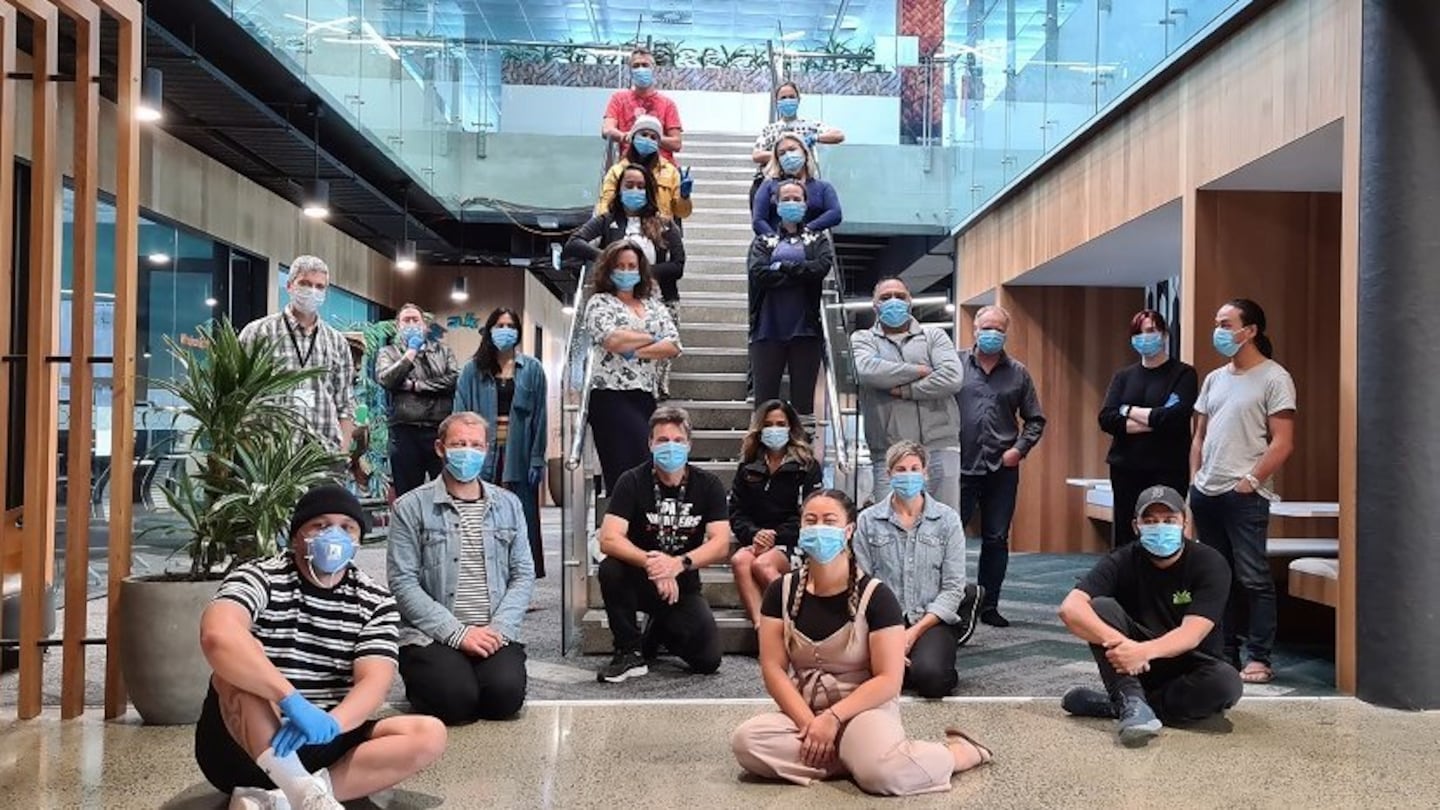Original article by NZME.
Over a year since the coronavirus pandemic stopped the world, businesses have had to adapt to new ways of working in the 'social-distancing era', implementing portable workstations at home and only having essential staff at work premises. Since multiple lockdowns have happened, it looks like it's here to stay - by choice, not necessity.
Even with this, the task of providing the technology needed to complete mahi from home, and putting security in place to make remote working a success, all whilst keeping people safe, is no easy feat.
As many businesses have found out, remote working has shed a few lights - more cost-efficient ways to have businesses thriving in the new era and keeping employee productivity high, whilst also allowing employees and employers to have more family time, resulting in happier staff.
One media organisation, in particular, has taken the ball and run with it. Māori Television began trialling the flexi-working process with its staff about three years ago - not long after relocating to East Tāmaki from Newmarket in 2017, and long before the Covid-19 case arrived in Aotearoa.

Exterior of Māori Television. Source: Māori Television Graphics Department
Tāhuhu Rangapū (Chief Executive) Shane Taurima says Māori Television had a head start on identifying what it needed to change to become a successful flexi-working organisation and subsequently found the lockdown periods less daunting.
When Tāmaki Makaurau is not in lockdown, about one-third of Whakaata Māori is doing mahi from home at any given time.
"It wasn't something new to us because we have always had to think smarter with limited resources," Shane says. "That gave us a head start but was also a challenge during lockdowns because we don't have the same extensive pool of people to draw upon. In news, for example, core decision-makers are still needed on site. Balance is critical."
A kaimahi (staff) Facebook group was created with online karakia being live-streamed at the start of each working day. Te Reo Māori lessons continued via video conferencing. Whakataetae (competitions) were also held for staff to win weekly prizes, all done in relation to the trends of lockdowns. For example, staff were asked to send in their best photos of kai creations in the kitchen. 'The Pēhea Club' check-in support system for staff was also created to make sure kaimahi were supported and looked after during the tenuous amounts of time being stuck at home.
"In a normal day or setting, we haven't seen any productivity drop off – if anything, it has increased. The key is communication between managers, their teams and a united effort by all of us to do what's needed," says Taurima.

